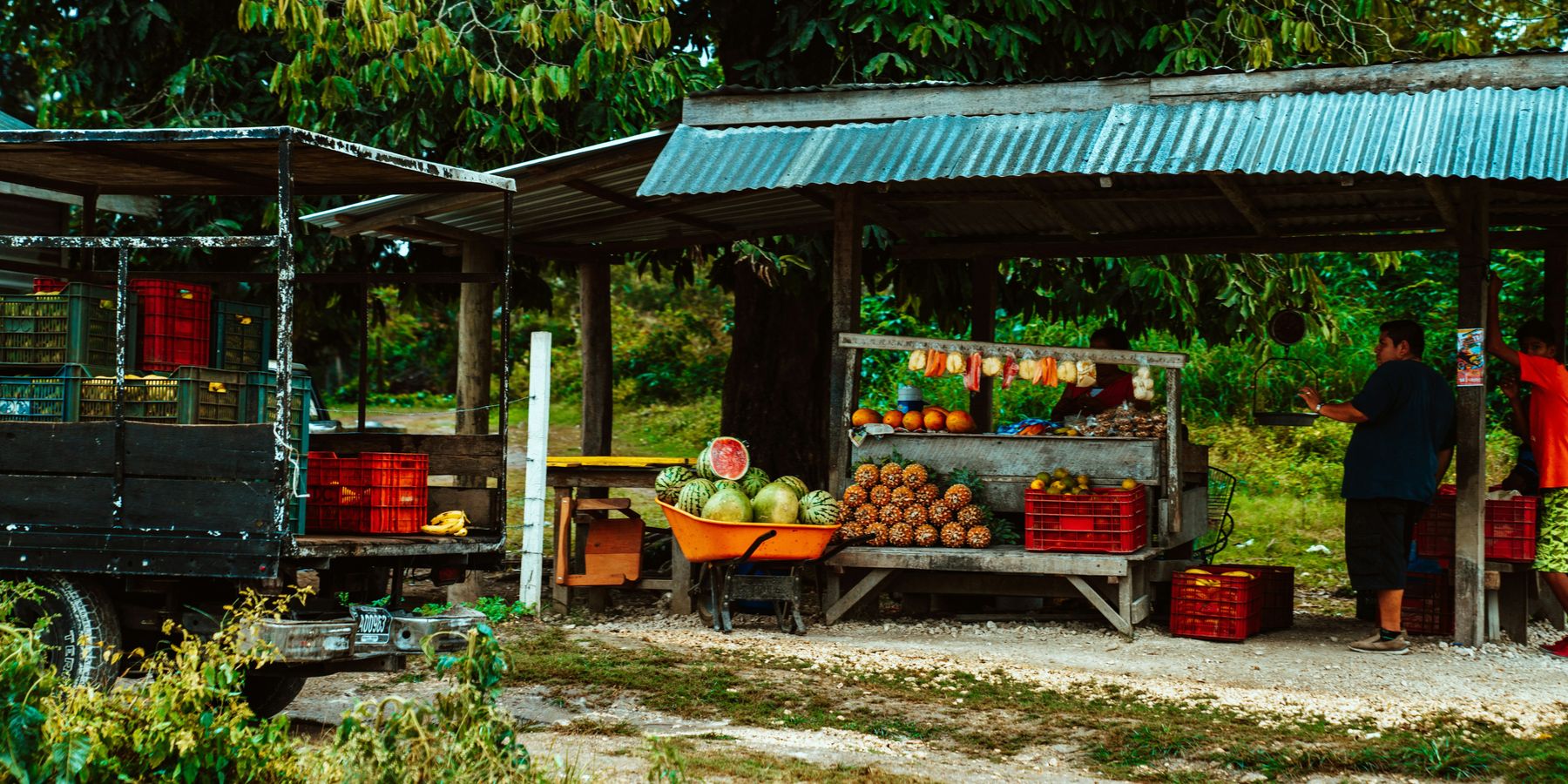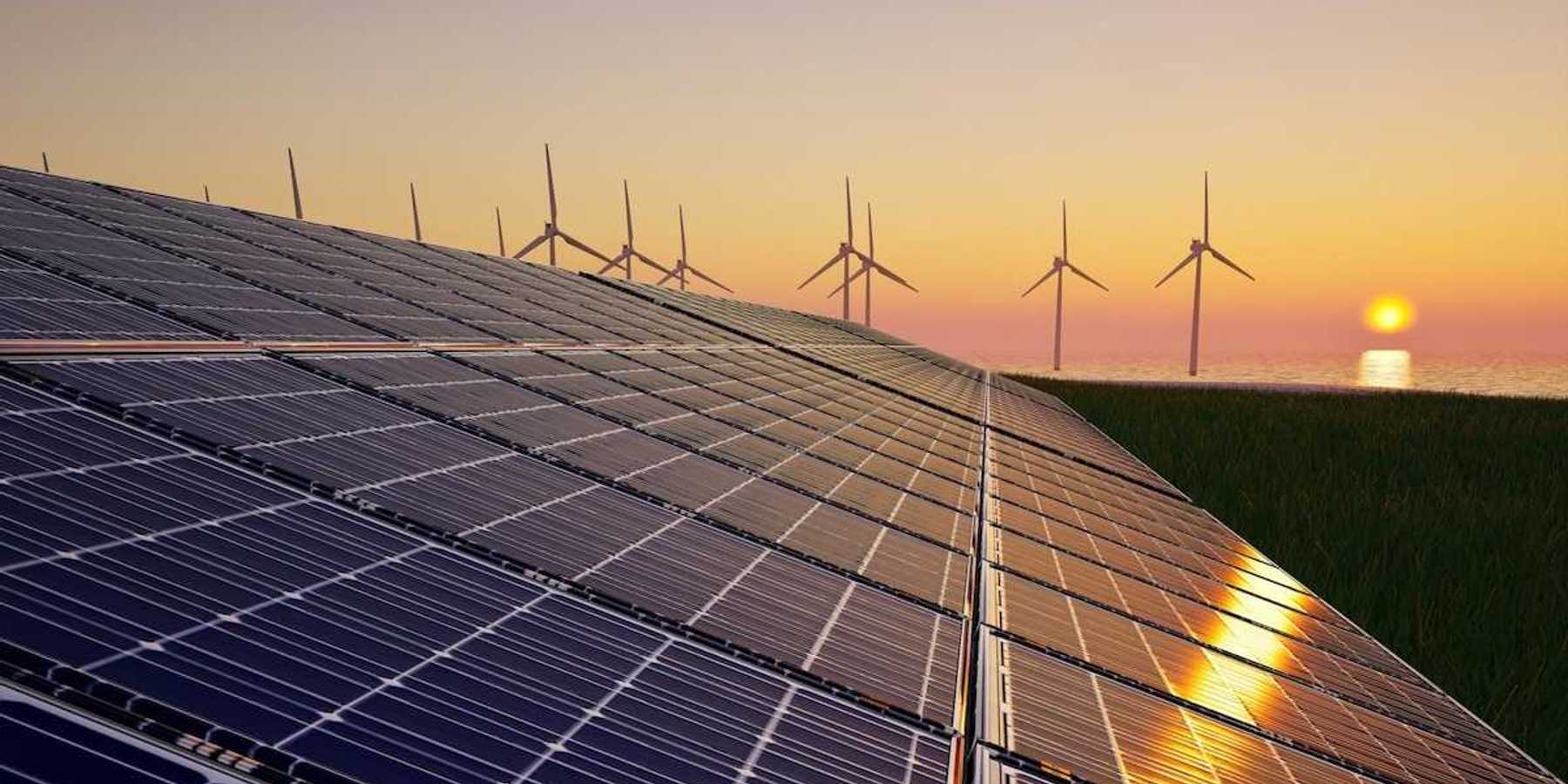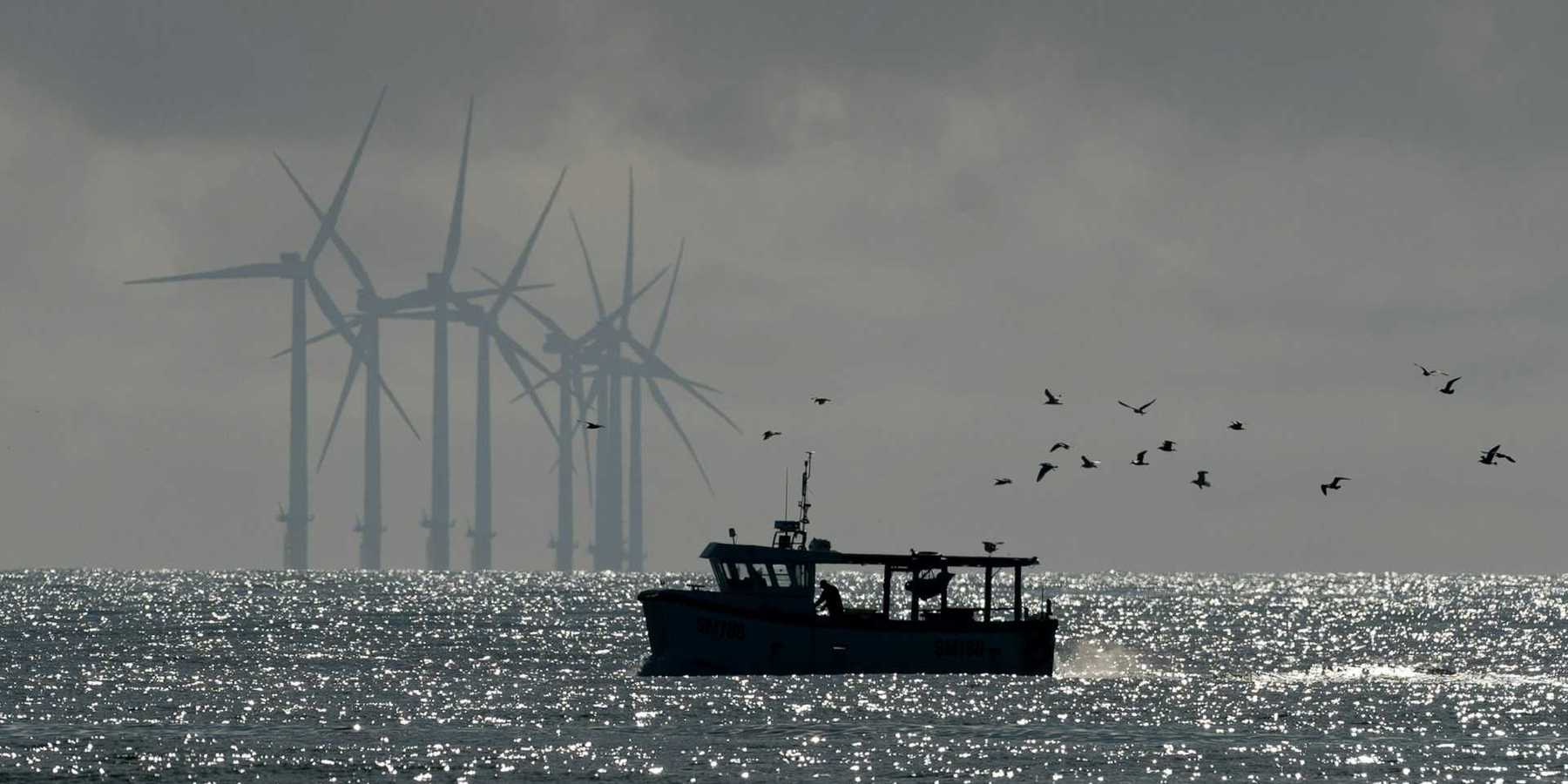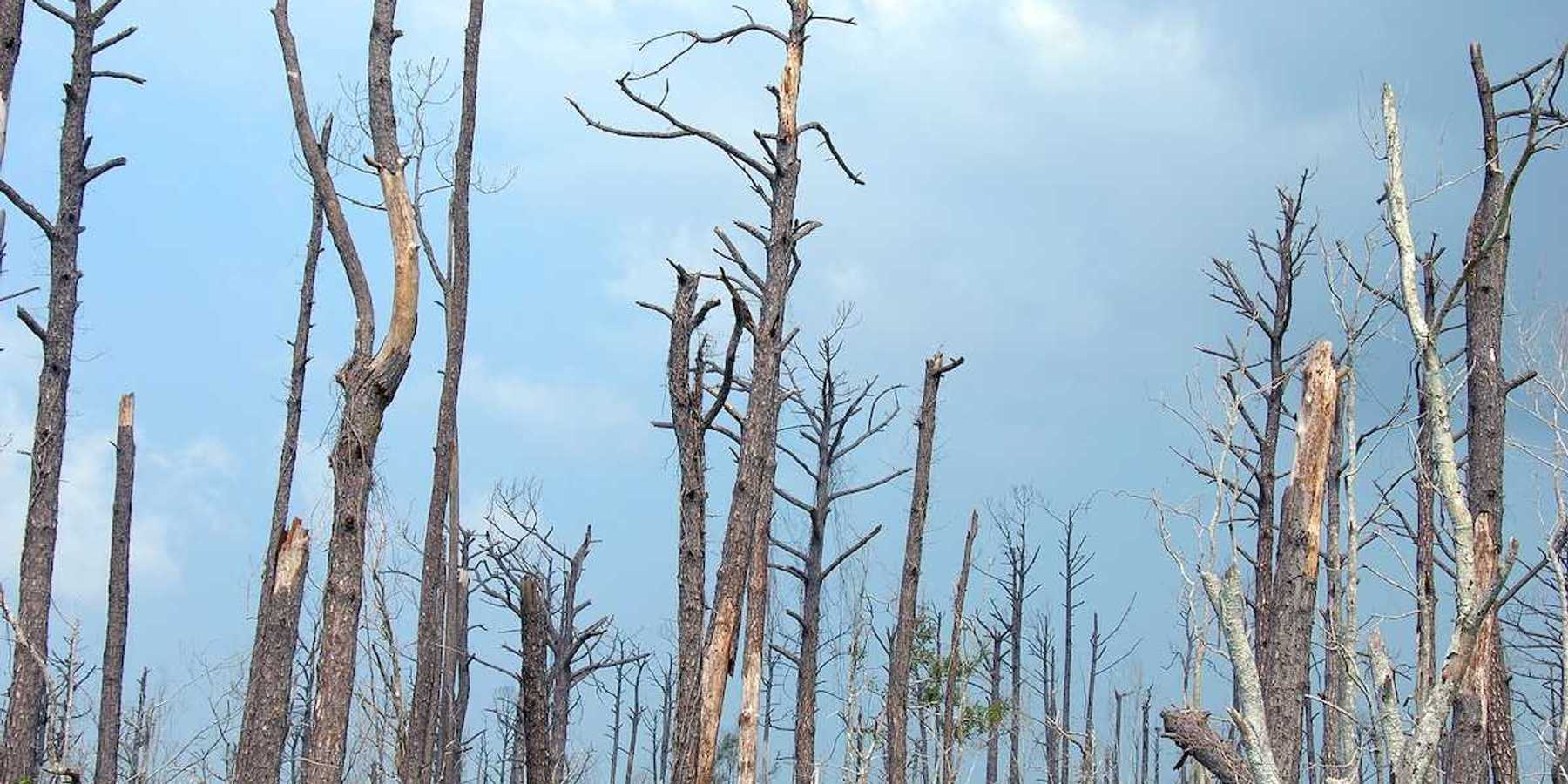
Mauritian women grow self-sufficient farming collective after oil spill upended fishing industry
After a 2020 oil spill devastated marine life and livelihoods in southeast Mauritius, a group of women turned to farming and built a thriving agricultural collective from ruined coastal land.
Lorraine Mallinder reports for The Guardian.
In short:
- When the MV Wakashio spilled 1,000 tons of fuel oil into protected coastal waters in 2020, it destroyed marine ecosystems and the local fishing economy in Pointe d’Esny.
- In the wake of the disaster, Sandy Monrose and other women formed the South-East Ladies Agro collective, receiving land from a private landowner and training in sustainable farming practices.
- Today, the women grow organic produce on restored farmland, generating food and income for their families while building a support system rooted in community and female solidarity.
Key quote:
“I’ve found something that keeps me going, and every day we’re getting food to take home. Here we come back to the source as women.”
— Marie Claire Robinson, trainee farmer
Why this matters:
When marine disasters hit small island nations, the fallout is often deeper than lost revenue or polluted coastlines — it disrupts entire ways of life. The 2020 oil spill in Mauritius, caused by a grounded cargo ship, blackened fragile coral reefs and mangroves, killed marine life, and abruptly ended generations of fishing traditions. Women, already marginalized in the local economy, were pushed further to the edge. But in adapting to the crisis, they also revealed a powerful shift: women turning to the land, organizing collectively, and practicing agroecology not only fed families but fostered resilience and healing.
Related: Tobago's oil spill crisis: a threat to marine life and local economy













